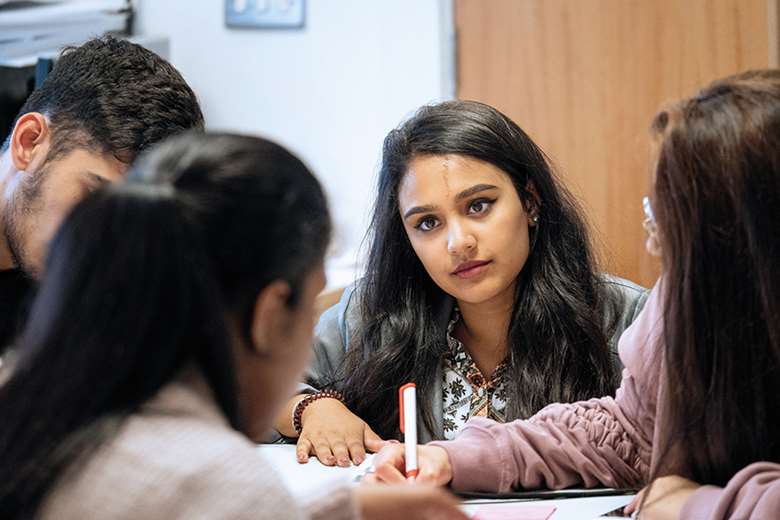FutureProof programme
Neil Puffett
Tuesday, July 31, 2018
Youth workers are trained how to spot safeguarding issues and refer them through the right channels.

- The programme focuses on support for disadvantaged young people and those vulnerable to extremism
- A total of 88 youth workers have been trained in the first year, with a further 82 planned to be trained
ACTION
When searching for evidence of impact, commissioners and providers of youth services will often look at how a project has improved outcomes for young people. However, the FutureProof programme has focused its impact on improving the skills of youth workers so they can then use these to help young people navigate emerging safeguarding threats.
FutureProof was launched in July 2017 by charity UK Youth, following concerns arising about a lack of know-how among youth workers about how best to deal with these new challenges.
It had been receiving feedback from its youth club members that there was a knowledge gap in how best to safeguard young people. Many youth workers said their existing policies and procedures were outdated due to the changing needs of young people, including online factors such as grooming, radicalisation and unhealthy relationships.
This was backed up by a UK Youth poll last year of 1,000 18- to 25-year-olds that found more than 40 per cent of young people think social media "only adds to their worries and stress", with more than half saying it leaves them feeling under more pressure to "keep up with everyone".
Accordingly, FutureProof focuses on improving the quality of support available for two specific groups of young people – those from disadvantaged backgrounds, and those who are particularly vulnerable to extremism or radicalisation, such as young people who feel isolated and lack a sense of identity to those with low aspirations. UK Youth says that focusing closely on these young people ensures it can reach those who are less likely to receive support elsewhere.
Ruhena Uddin, who manages the programme, says youth workers are trained to better support young people to stay safe and cope with uncertainty. The aim is to give youth workers the ability to help young people build the life skills they need to engage with education, volunteering and employment.
"Some youth workers face issues with gangs and drugs, and for others, the main concern could be extremism – it depends on the region," Uddin says.
FutureProof initially began with two Home Office-funded pilots in Leicester and Redbridge in east London, but has since been extended across the UK with financial support from the Monday Charitable Trust.
Youth workers attend a two-day training course, with each cohort consisting of between 15 and 20 youth workers. The course features interactive sessions on topics such as understanding youth work in today's context; exploring local risks; identifying young people most at risk; health and safety; data protection; grooming; bullying; online safety; radicalisation and extremism; how to have difficult conversations; the referral process; and mindfulness.
Youth workers are also trained on building resilience and critical thinking skills in young people to help them navigate today's complex world. By coming together from different areas for the training, youth workers build a supportive peer network, allowing them to share knowledge and provide each other with help with the challenges they face, and in doing so improving the impact they have.
In addition to receiving training themselves on how to spot safeguarding issues, and how to refer these through the correct channels, youth workers are provided with a selection of sessions they can use with their young people. These are tailored to the specific needs of their own local groups – featuring topics such as equality, identity, social media, emotional wellbeing, and relationships.
After their training, youth workers are asked to support 20 young people through the FutureProof personal development programme – with successful young people receiving a UK Youth Achievement Award.
IMPACT
In the first year of the programme, a total of 88 youth workers were trained. UK Youth is aiming to train a further 82 youth workers in the coming 12 months. UK Youth says this should help support up to 1,000 young people across the UK.
An impact study on both young people's and youth workers' development is yet to be completed, but from the early stages of FutureProof training, indicative outcomes show large increases for youth workers' knowledge and skills. After training, the percentage of participants with high knowledge on the risks facing young people online increased from 67 to 97 per cent.
This article is part of CYP Now's special report on Youth Work Impact. Click here for more




